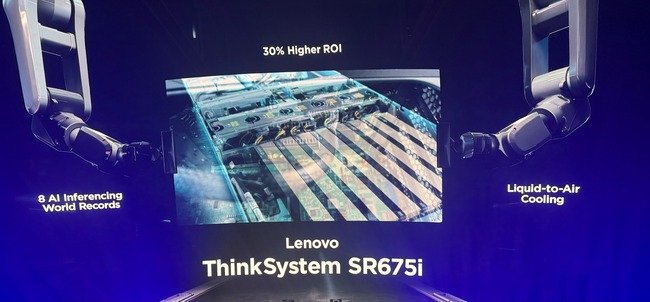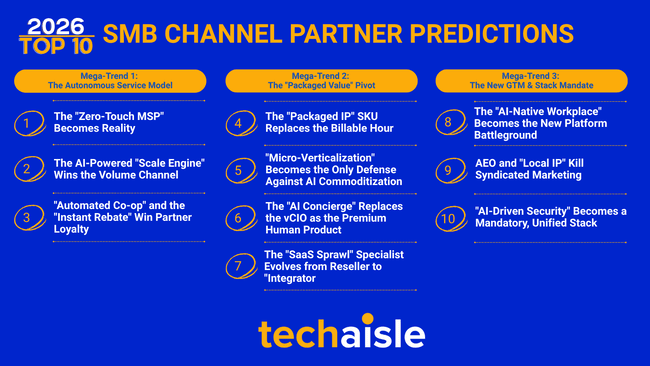In 2017, Techaisle introduced the concept of Interwork, predicting that the future of business
would not be defined by the "net" (connectivity) but by the "work" enabled by a ubiquitously
connected platform. We argued that the destination was an "always-on, everywhere
connected Interwork platform" where cloud, edge, applications, and security formed a single
cohesive fabric.
The industry spent the last eight years building that connected foundation. But as we enter 2026, the goalpost has moved. Connectivity is no longer the destination; it is merely the nervous system. The new brain of the enterprise is Agentic AI.
In this new strategic white paper, Techaisle outlines the transition from the Connected Business to the Autonomous Enterprise. We analyze how the seven pillars of IT infrastructure—from the Cloud to the Edge—are evolving from passive "pipes" into active, intelligent participants that perceive, reason, and act.
Download this white paper to discover:
-
The 7 Pillars of Agentic Intelligence: How the "Connected Edge" is becoming the "Agentic Edge" and "Connected Security" is morphing into "Autonomous Defense."
-
The Vision vs. Reality Roadmap: A detailed look at how our 2017 predictions have materialized and where the market is heading for 2030.
-
The Vendor Ecosystem: A comprehensive map of the "Agentic Grid Architects," "Edge Builders," and "Integrators" (including NVIDIA, Microsoft, Dell, Cisco, and Deloitte) who are powering this shift.
-
The Strategic Pivot: Why CIOs must stop selling "capacity" and start selling "autonomy."
















